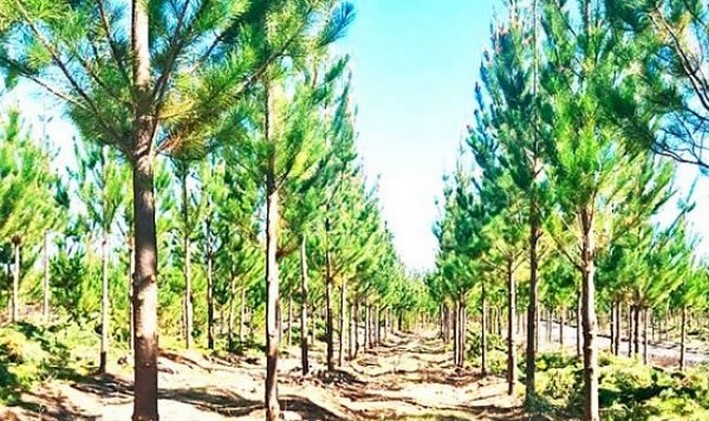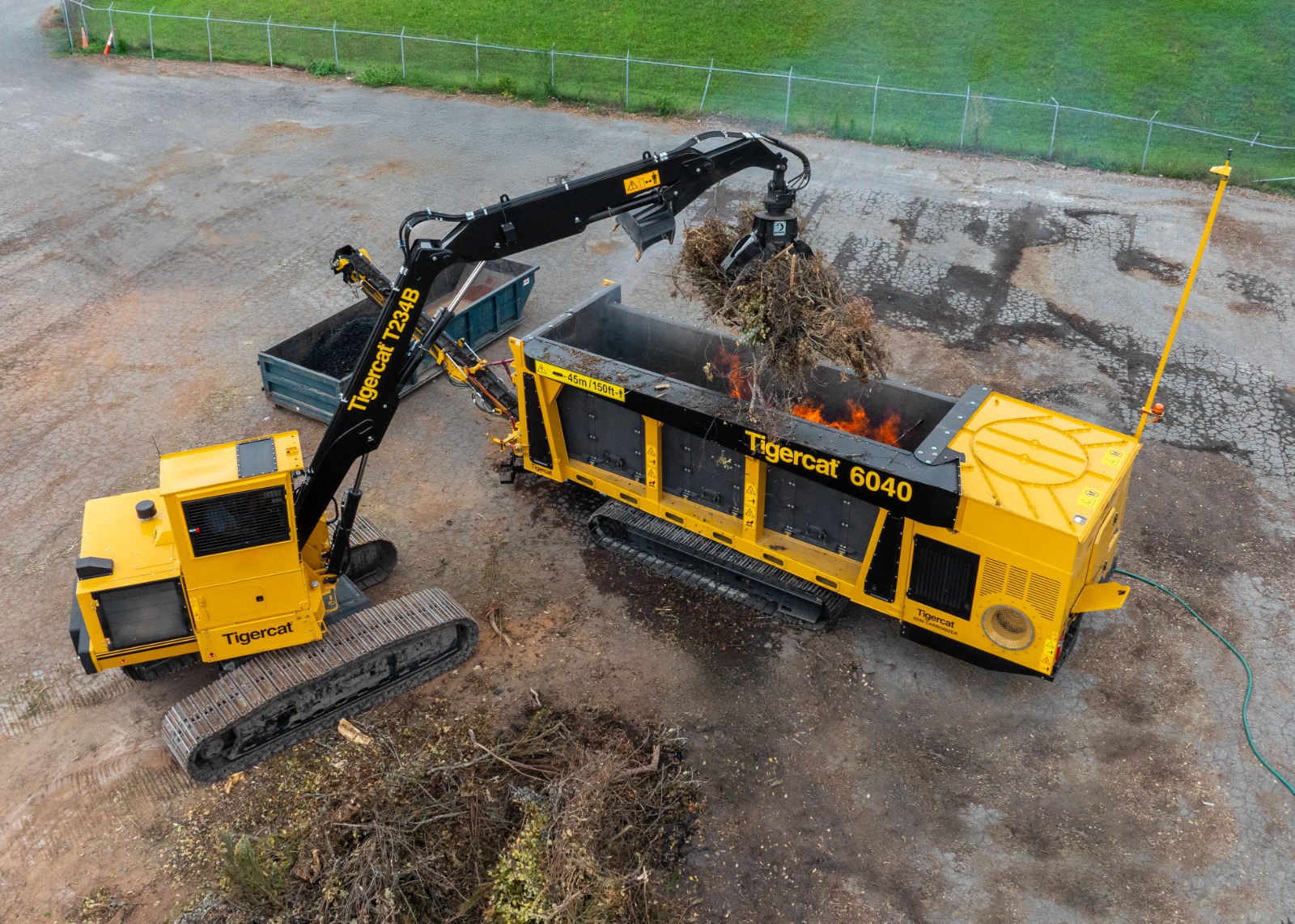The forestry sector, which represents 21% of the regional GDP and over 60% of our exports, is facing a crisis that threatens not only large companies but also thousands of families directly or indirectly dependent on this activity. The twentieth edition of Trawü Forestal, held last week at Agromen's central nursery in Portezuelo, was much more than a day of reflection; it was an urgent call to act with responsibility, territorial vision, and political commitment.
The numbers are alarming. Over the past decade, the forestry sector has lost 48,000 jobs nationwide. Investment has plummeted—from growing at 9% in the 2000s to a meager 0.6% annually—while productivity has remained stagnant for twenty years. According to the Central Bank, the projected trend growth for 2024-2035 will be just 1.8%. In other words, if no action is taken today, the decline will be irreversible.
Ñuble is not a passive observer of this reality. The region is one of the hardest hit by unemployment in Chile, especially in rural municipalities where small and medium-sized timber businesses play a vital role in the local economy. Today, many of them see the shortage of raw materials as a direct threat to their survival. These "lights and shadows" of the forestry sector—as aptly proposed by Trawü's theme—are real and require an analysis free from the ideological black-and-white thinking that has so often paralyzed decision-making.
Part of the problem lies in the absence of an updated legal framework. Decree Law 701, in effect from 1974 and extended until 2018, allowed for an increase in planted areas but also caused harmful environmental effects and deepened the concentration of benefits among large economic groups: two companies—CMPC and Arauco—captured 23% of the $875 million allocated by the state to this program. This model, which favored monoculture expansion without considering ecosystem impacts, left deep wounds. However, it would also be a mistake to completely discard forest promotion policies because of their past; what is urgently needed is to reformulate them with a forward-looking vision.
The president of Corma, Rodrigo O’Ryan, stated it plainly: the sector has lost social legitimacy. Asking for understanding is not enough—it's time to change practices, acknowledge mistakes, and commit to modern, sustainable, and equitable forestry. Along the same lines, the Minister of Agriculture, Esteban Valenzuela, announced that the future forest promotion law will incorporate ecosystem criteria, prioritize native vegetation, and focus benefits on small and medium-sized producers. The commitment is commendable, but it must translate into action: the bill has yet to be introduced in Congress, and political signals have been ambiguous.
The forestry sector does not need pamphlets or demonization, nor does it require unchecked privileges. What is urgently needed is a robust public policy, grounded in technical expertise, built from the territory, and capable of balancing production and conservation. The goal is to promote responsible afforestation as a tool to combat climate change while also serving as an engine for rural development and a source of employment.
Source:La Discusión







Comments (0)
No comments yet. Be the first to comment!
Leave a comment